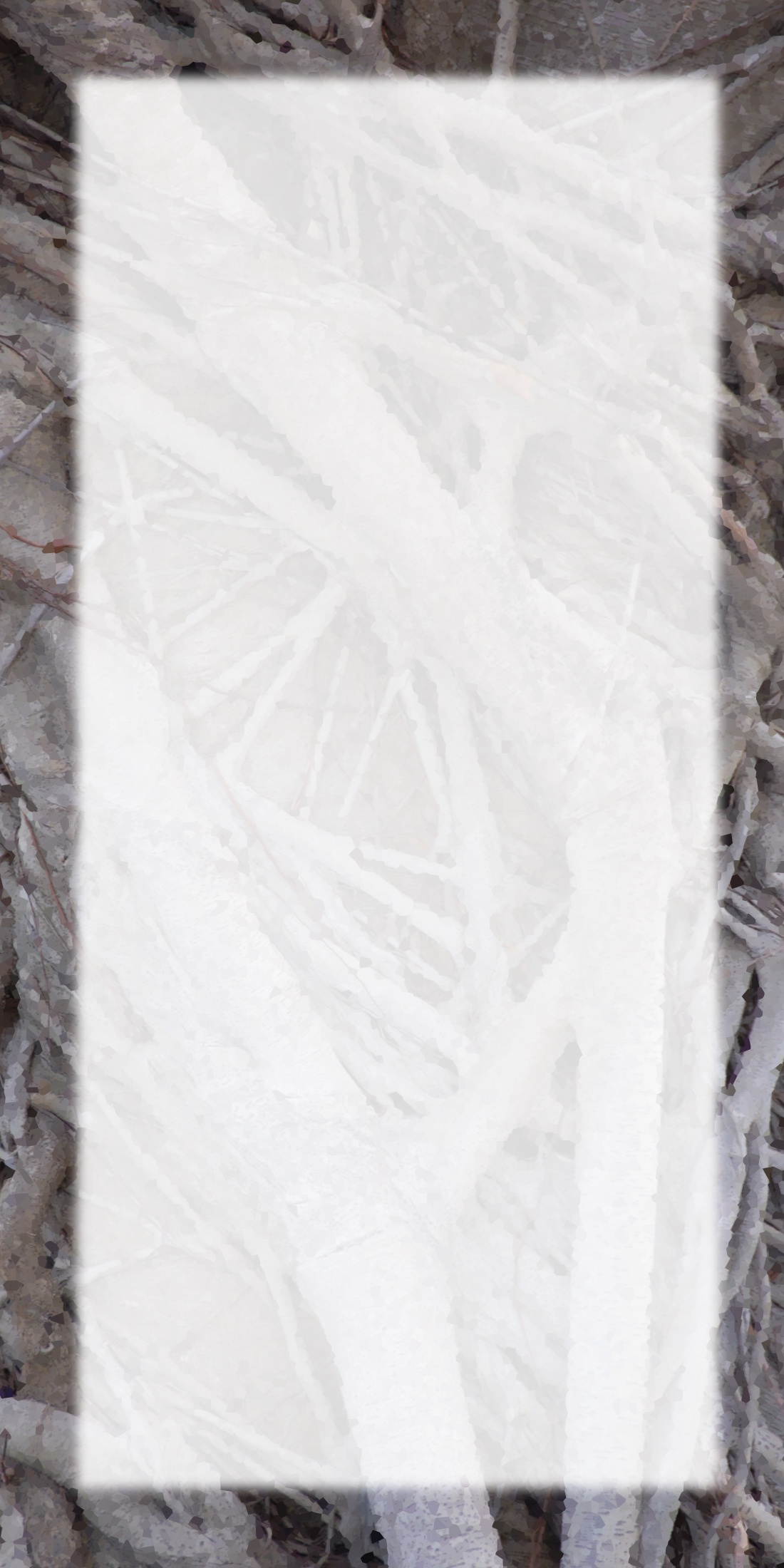"Tines" by Russell Bittner
“Du vin blanc, Madame?” he asks like the princely student-waiter he’d once been.
“Mais oui, bien sűr, Monsieur,” my mother aspirates to complete her part in the ceremony.
He fills her glass to three-quarters.
“Spasibo,” she says laconically to an alienated husband who’s once again courting her in the guise of a charming student-waiter.
“Bitte,” he answers, reduced to a lean Teutonic sound bite.
He walks back to his end of the table and fills his own glass. Alice and I also have wine glasses for the occasion, though they cater only to apple juice.
From a standing position, my father raises his glass. “Zu den Abwesenden,” he announces grandly. “Za otsyustvyuskikh,” my mother pronounces as if from under the clouds of Eastern Europe, and so with far less of my father’s sunny Western disposition. Then, for our benefit – though we already know both expressions by sound – they pronounce in unison: “To the absent ones.”
After a few seconds’ pause, and with utensils now busily in motion, my mother continues. “You’re looking well. Well, if also a little thin.”
“Qui dort, dîne,” my father mutters. And then, to the two of us, “As the French would say, ‘He who sleeps, eats.’ In addition to which, I’ve joined – rather, rejoined – the School of Peripatetics,” he announces.
A moment of silence. “For the children’s benefit, what exactly is the School of Peripatetics?”
My father settles knife and fork quietly back down on his dinner plate as his eyes and the corners of his mouth run to take up battle-stations behind a smirk. He knows that this “for the children’s benefit” is nonsense. I know that he knows it. He knows that I – and maybe even my mother – know it. Only Alice is still too young to share in the general family omniscience. As amusing as it might be in certain other word games we play, in this context it is not. In fact, it has become one of our unhappier routines whenever we find ourselves seated at the dinner table.
I seek to quash it before it can erupt yet again into tension and closed mouths. I nod at another of Alice’s and my creations on the wall, this one hanging directly over the hutch with an illustration of a very fat, very satisfied cat. My father looks and reads soundlessly:

“Very clever,” my father says – but with nothing like the enthusiasm he showed upon reading our first billboard.
In the same instant, he disengages the muscles that hold the smirk, finds a couple of vagrants to replace it with a scowl, and continues in earnest to Alice and me. “Peripatesis was the brainchild of Socrates, who didn’t like to write. Its effectiveness was noted by Plato – to some laughable degree also by Xenophon – who had to walk and write at the same time because Socrates couldn’t be bothered. This was all documented and codified a couple of generations later by Aristotle, born a full fifteen years after Socrates’ death and Plato’s greatest pupil, who believed that people absorbed and assimilated – learned, if you will – new information better if they were in motion. Even if just walking while talking.” He leans back again and picks up his knife and fork, a signal to us that he’s ready for summation. “And so it was really about walking and talking and doing. Which is why, to this day—”
My father’s eyes rather too cavalierly move to my mother’s end of the table. Then, however, pull up short as they meet a yawn.

